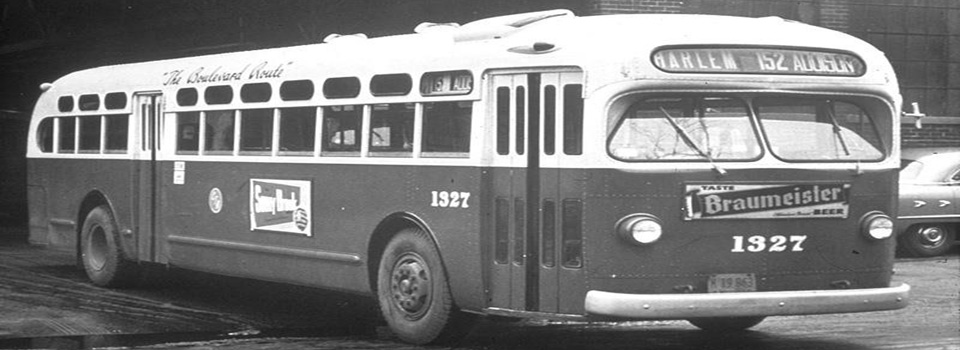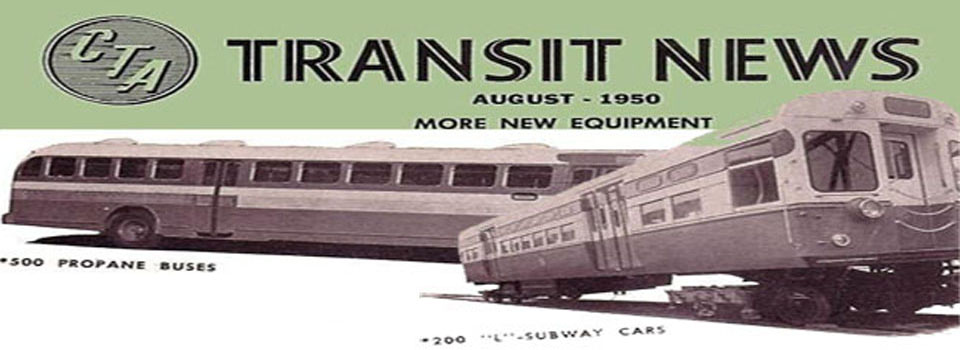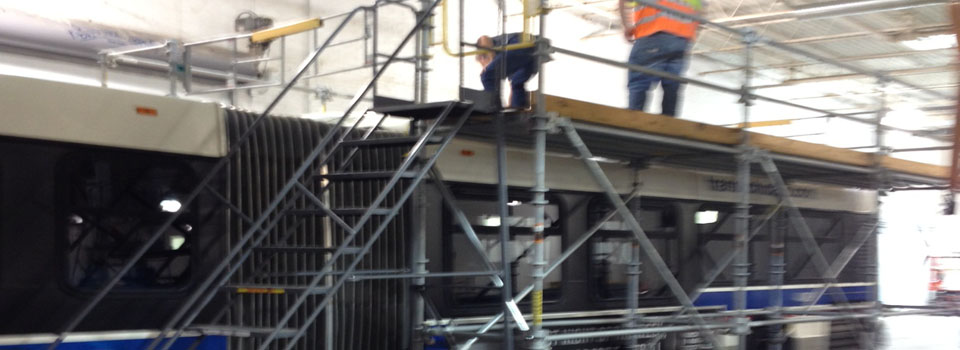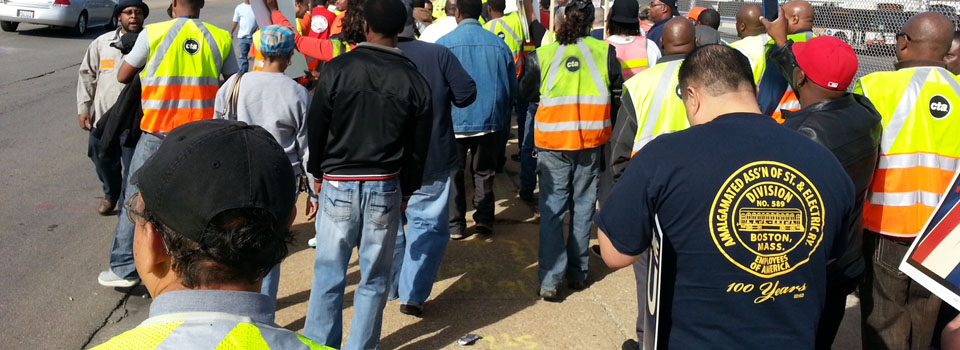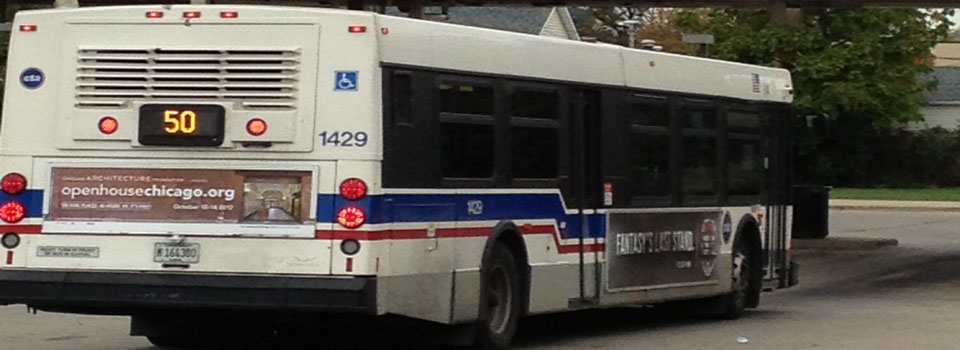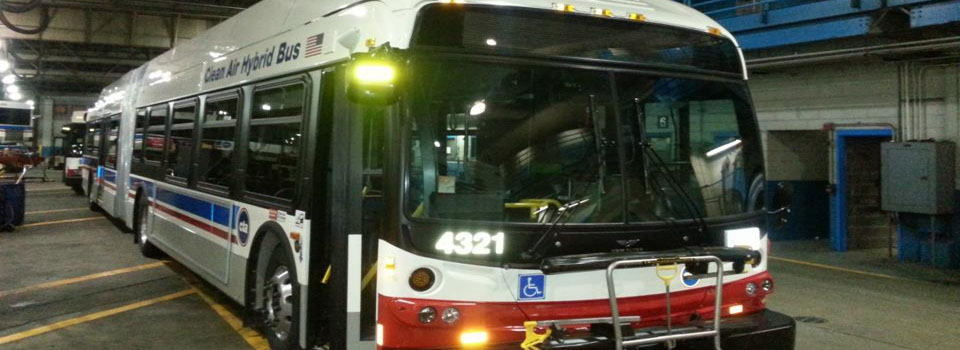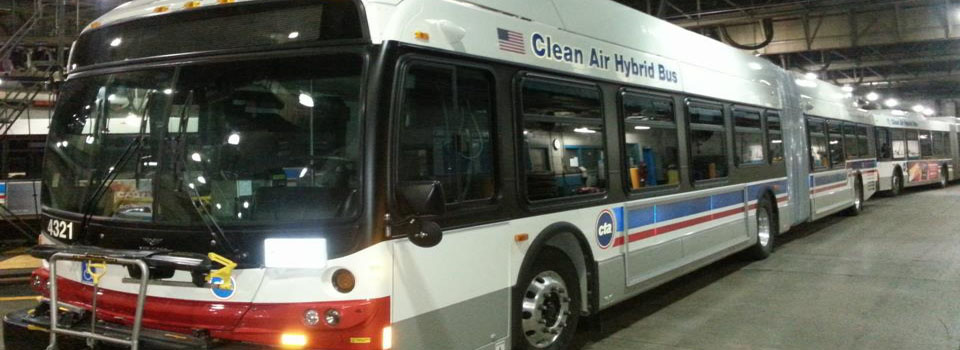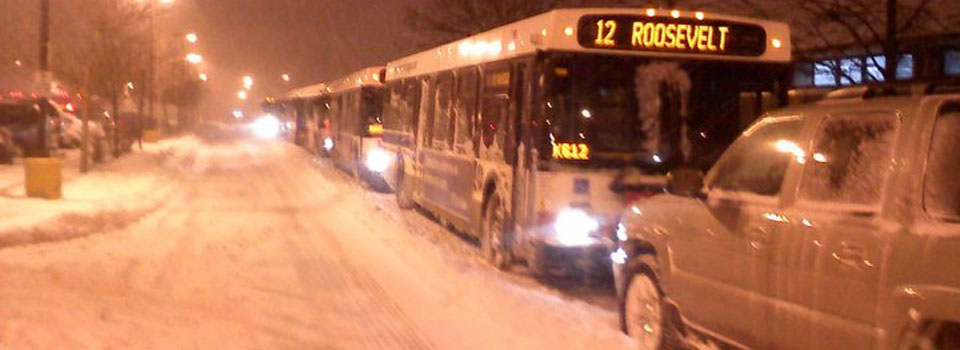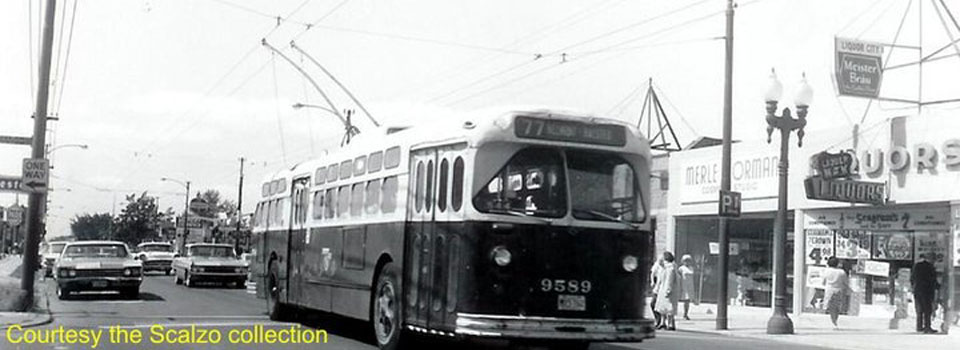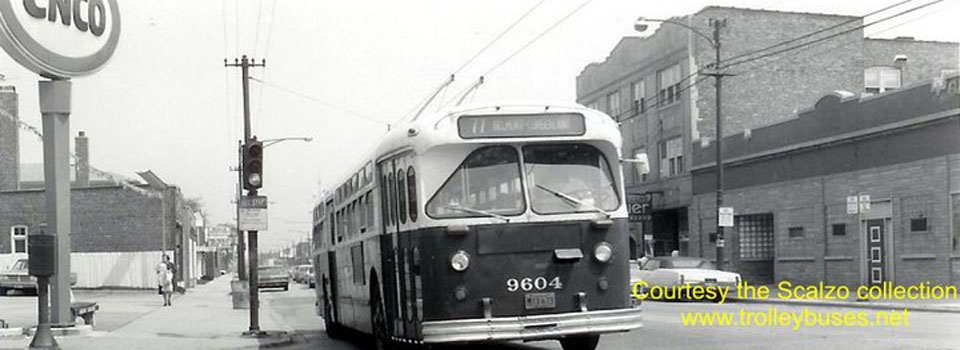|
||||||||
| ||||||||
Know Your RightsTransit Violence Violence against transit workers continues to plague our industry. In Pennsylvania recently, a Lehigh and Northampton Transportation Authority bus driver was punched Violent acts, as well as the fear of violence, have a tremendous effect on transit systems. The most immediate, and irreversible effect is the physical, emotional and financial suffering of the victims and their families. But also detrimental to public transit are the resulting lost workdays, revenue decreases, equipment damages and negative impact on the public’s decision to use mass transportation services. Crime Statistics One of the most common crimes afflicting the transit system is disorderly conduct, which carries the risk of escalating into a more serious problem. Theft, assault, and fare disputes are also amongst the top concerns that transportation workers face. Efforts are being made to decrease transit violence through the installation of security cameras and increased police presence. In addition, the laws discussed below seek to deter crime by increasing the punishment for those who engage in the violence. Government Response In the United States, both the federal and state governments have enacted laws aimed at eliminating violence against transit workers. Although the Canadian Council continues to lobby for similar protection in Canada, no similar federal or provincial law currently exists. In 2001, the United States Congress enacted legislation that makes it a felony to assault a bus operator or passenger. Under this law, any person who interferes with Many states have implemented similar laws. Generally, states have amended their assault laws to increase penalties. In some states, not only have the penalties increased, but the assault is classified as a felony rather than a misdemeanor when it is against a transit worker. Being convicted of a felony instead of a misdemeanor |







